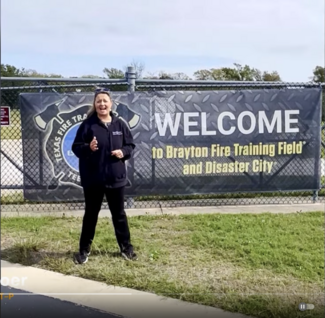Field EMS Bill Introduced in House
WASHINGTON, D.C.--EMS officials are pleased that Advocates for EMS' long-anticipated field EMS bill was introduced in the House of Representatives on Dec. 17.
While it is unlikely that the legislation will go forward during the waning current session, its mere introduction has been met with applause, says Advocates President Kurt Krumperman.
"We have our foot in the door with this being introduced," Krumperman said. "We hope to reintroduce the measure next year, and hopefully gain more supporters."
Krumperman said the legislation looks at the entire prehospital care system and issues facing providers. "We have many needs," he noted. "This lays out issues."
The Field EMS Quality, Innovation, and Cost Effectiveness Improvements Act of 2010 was introduced by Reps. Tim Walz (D-MN) and Sue Myrick (R-NC).
EMS officials have been working on the bill for several months, and it was the top priority of Advocates this year.
"This gives EMS something to rally behind," Krumperman said. "We had hoped it would be introduced earlier, but this is good--now we have something to work with when the new Congress comes in."
In the past, EMS issues have been discussed during appropriations time by a number of committees.
"To substantially improve field EMS, advancements must be made in several essential areas including in readiness, innovation, preparedness, education and workforce development, safety, financing, quality, standards, and research," according to the legislation.
Krumperman said he supports NHTSA serving as the lead agency for EMS. "Ive taken some hits for this. But, I believe they should take the lead. It's the best place to go."
The legislation acknowledges that EMS plays an important, yet often unrecognized role: "Coordinated and high-quality field EMS is essential to the nation's security. Field EMS is an essential public service provided by governmental and nongovernmental agencies and practitioners 24 hours a day, 7 days a week, and during catastrophic incidents."
Several reports over the years have pointed to the need for improvements to EMS.
"There's a lot in it," Krumperman said of the bill, adding that it also specifies grants for specific issues such as research and education.
He said pre-hospital providers have long taken a back seat with funding going to hospitals. This spells the need for help for
local agencies For more, see www.advocatesforems.org.
















